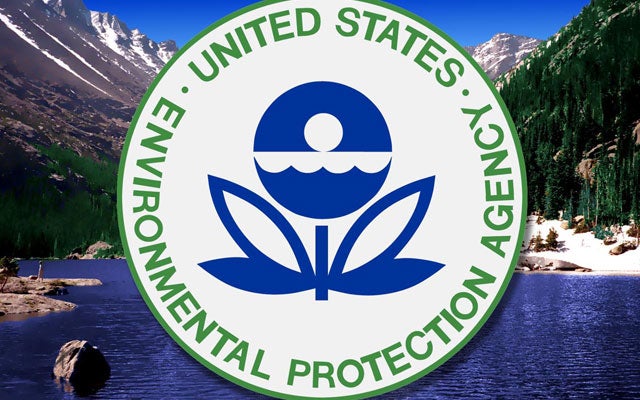EPA Increasingly Neglects States’ Concerns with Regulations
Nicolas Loris /
A new report from the Republican Environmental and Public Works staff details how the Environmental Protection Agency (EPA) is damaging the relationship and effectiveness of state and federal government cooperation when administering and implementing regulations.
Similar to what The Heritage Foundation espouses in its American Conservation Ethic report, the report advocates “cooperative federalism,” meaning the EPA would set a national standard on an emissions rule and allow the states to administer and implement the regulation in the most cost-effective way. The report asserts that “states and localities are best suited to design and implement compliance strategies to protect human health and the environment in a manner that appropriately accounts for local needs and conditions.”
Instead, the agency has failed to consult with states or coerced the states to adopt stringent regulations that come at a huge cost to the states’ citizens and economy and are lacking meaningful environmental improvement.
Perhaps the most egregious abuse of the EPA overpowering and ignoring the states is the “sue and settle” agreements the EPA (and also the Department of Interior, among others) works out with environmental activist organizations. This is the process by which an environmental lobby sues the federal government for not adequately doing its job. The agency then settles with the environmental group and enters into a consent decree, which allows regulations to move forward without any comment from the states or the regulated industries.
The EPA’s abuse of authority extends well beyond sue and settle. The report discusses the EPA’s unilateral revoking of long-standing state air-quality provisions, promulgating regulations in unworkable time frames, and rejecting state implementation plans, thereby removing any flexibility for states to best administer regulations that account for regional and local concerns, both economically and environmentally.
To be clear, the EPA’s cooperation and involvement with state and local governments in and of itself does not justify a regulation or mean a federal regulation is necessary. The most recent example is the EPA’s pledge to consider input from the states regarding the forthcoming regulation of carbon dioxide (CO2) and other greenhouse gas emissions on existing power plants. These regulations will force states into CO2 emission cuts, and although flexibility in the rules may, on the surface, appear to ease concerns, the result will be a host of state-based policies that raise energy prices on American households without any meaningful difference in climate change.
The report underscores the need to allow state and local governments to protect their environments. Doing so would allow those closest to the problem to prioritize and manage the resource or pollution effectively and flexibly. Senator Jeff Sessions (R-AL), Ranking Member of the Senate Subcommittee on Clean Air and Nuclear Safety, remarked:
Our nation’s level of air pollution and air quality has improved dramatically over the past four decades under the Clean Air Act. A cornerstone of this important law is the principle of ‘cooperative federalism,’ which recognizes that achieving environmental goals in our constitutional republic requires mutual collaboration between the States and Federal government. Regrettably, as shown in this report, the vast majority of States are increasingly concerned that EPA, under this administration, is not working with the States in the cooperative manner required by law. The evidence suggests that EPA routinely tries to ignore or circumvent the States or to control them by heavy-handed actions.

